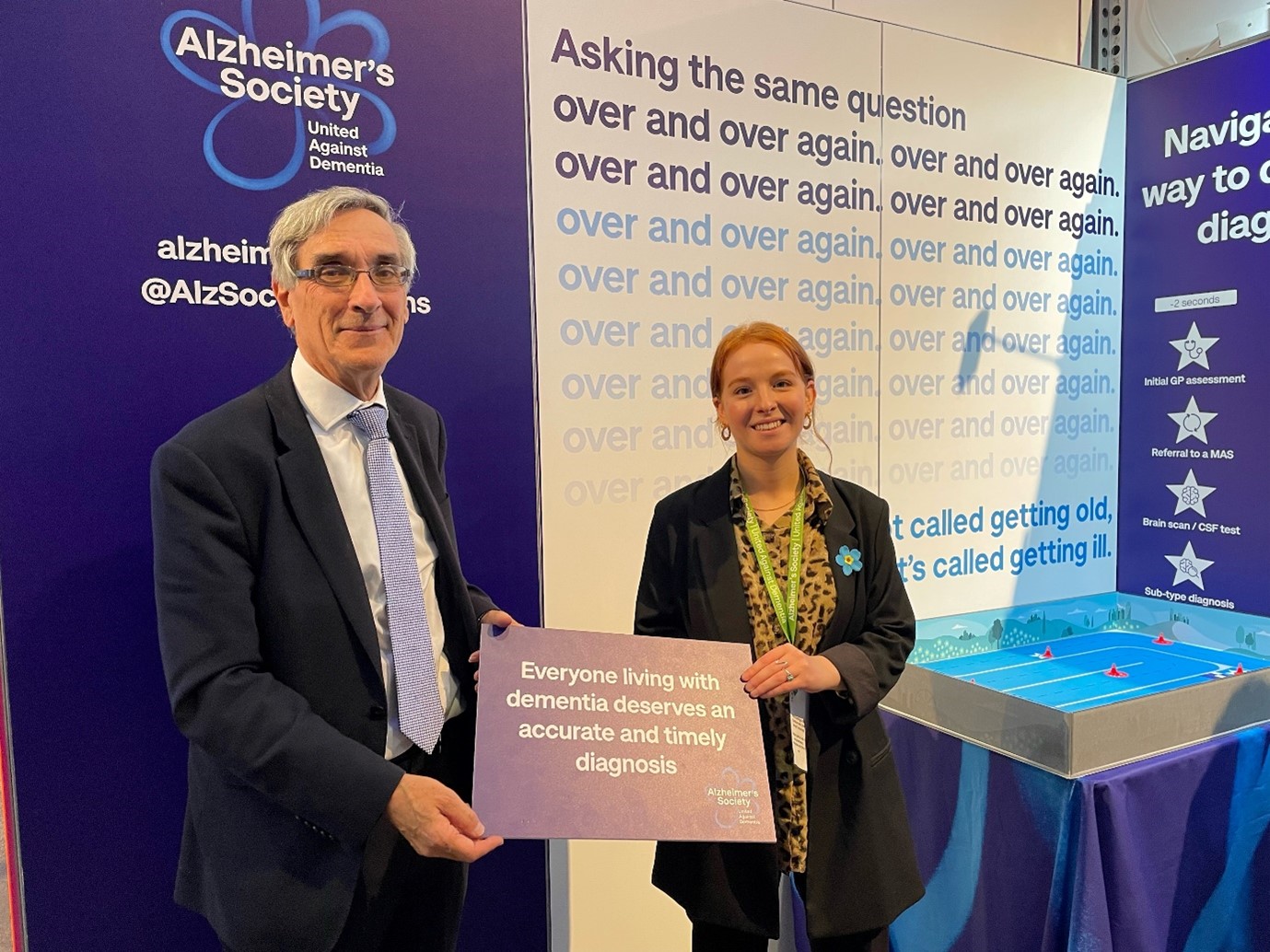You were right first time PM
The Prime Minister was right to want to keep the UK corporation tax rate at the lower end of the advanced countries tax table. We need to carry on attracting large investment flows into our country and leaving domestic businesses with more of their profits to put into new investment.
It appears the PM has been persuaded to row back on this promise of her election campaign to “ensure economic stability”. I do not think this measure does that. After the 2.30 announcement yesterday there was a sharp sell off in long bonds. Interest rates on the 50 year paper rose by more than 0.4% or 40 basis points. As the PM’s critics wrongly think the UK bond markets currently move on changes of government policy they need to explain why when the PM did the main thing they wanted the bonds sold off sharply. Maybe long bond movements in recent days have more to do with Bank of England management of the market.
Sterling was unchanged after the announcement instead of rising as her critics implied.
Instead of changing individual items in the tax proposals the new Treasury team needs to bring forward the spending proposals and show us forecasts of the deficit. We need a menu of tax and spend options with prices to influence and judge the full budget and fleshed out growth plan. The PM promised MPs a series of meetings and consultations over the next week preparatory to the full budget. These talks need the government to keep open tax cuts as well as increased spending on priorities and cuts elsewhere. If they have already taken the key decisions the talks are pointless.
I am all in favour of actions to get the deficit down.I have been forecasting a higher deficit this year than the £99 bn OBR budget estimate. To control it I would look first as the biggest change by far that the new PM has announced, the energy package. It should remain very supportive for people on low incomes, but there could be more burden sharing for higher earners who burn a lot more fuel.
